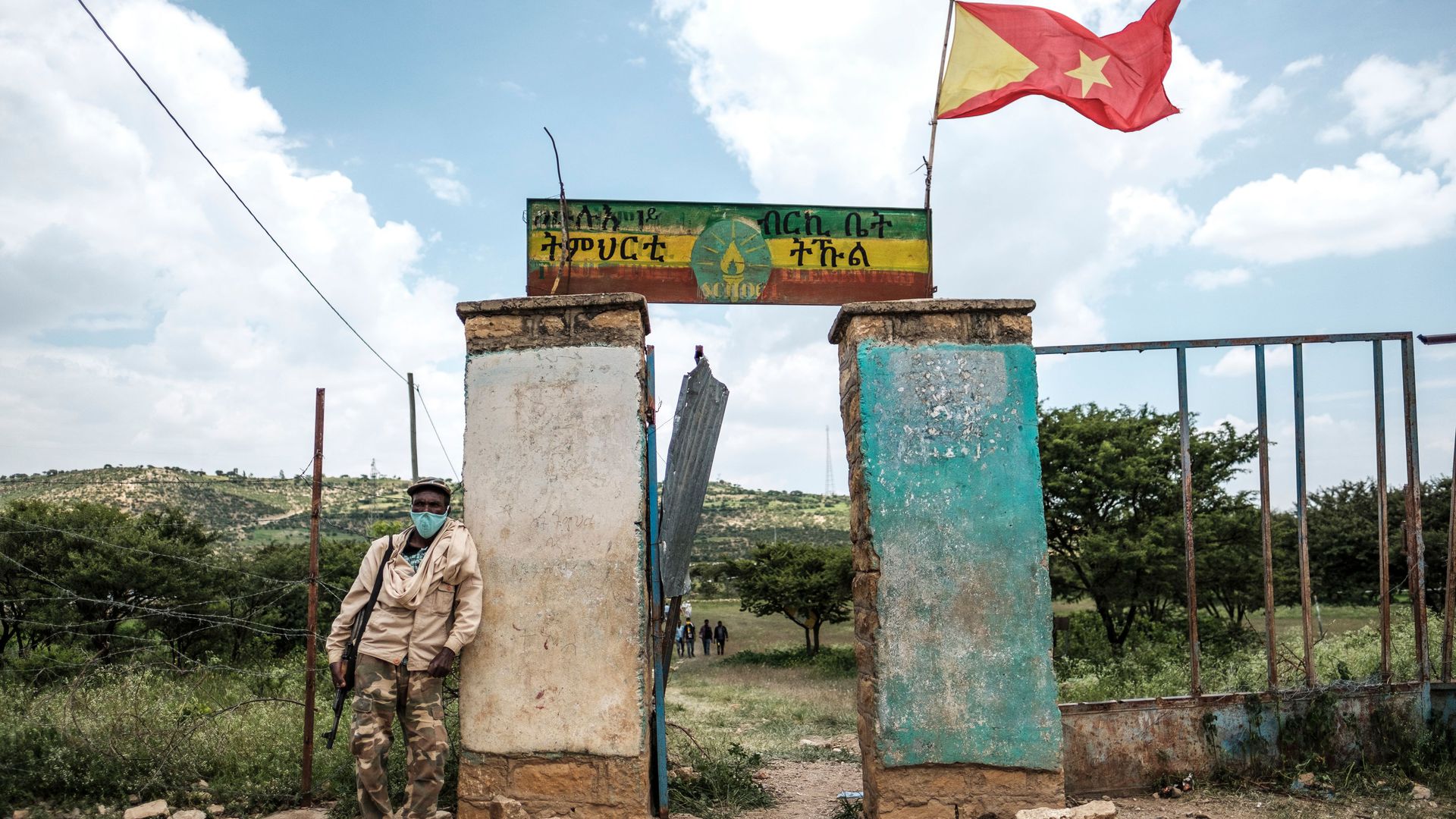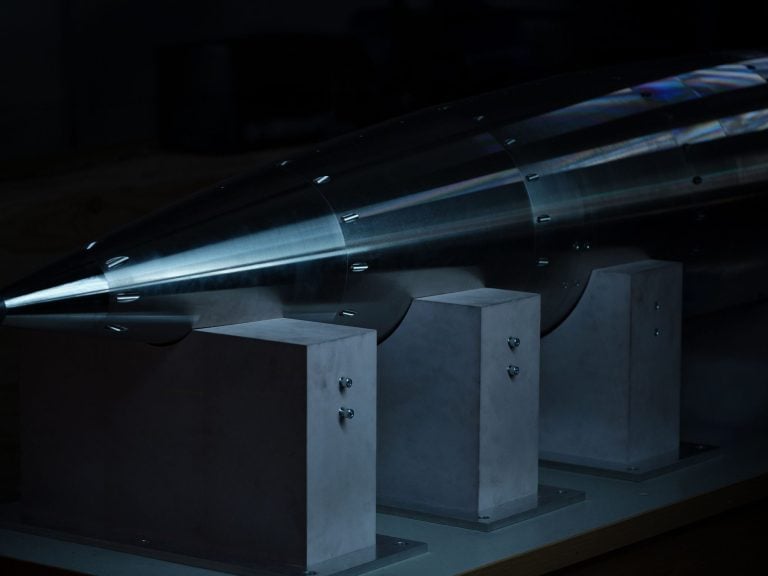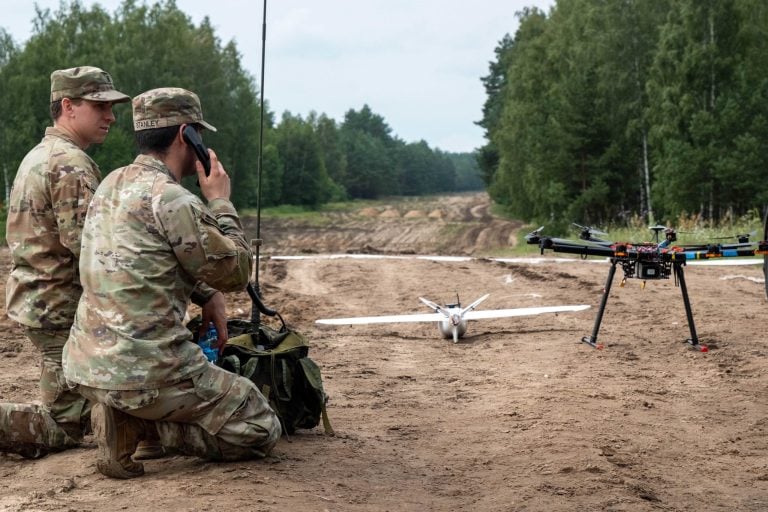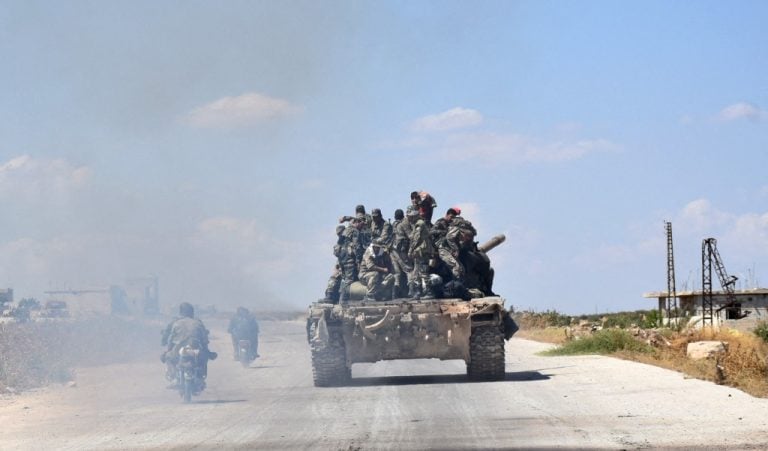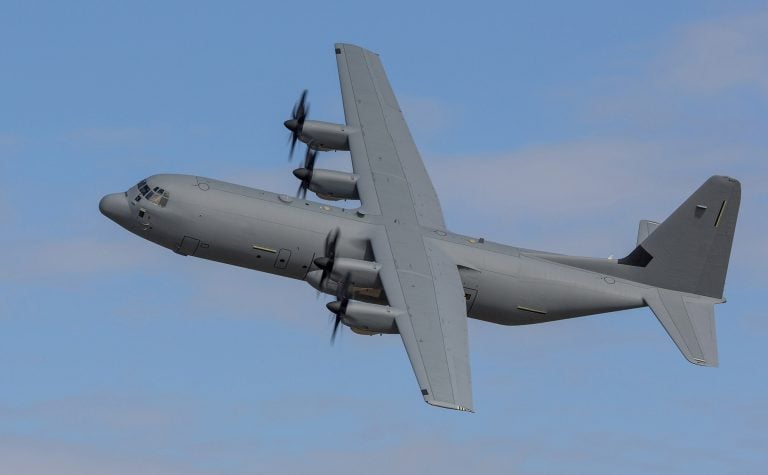The Tigray People’s Liberation Front (TPLF) has accused the Ethiopian government of conducting drone strikes on the Tigray region, claiming that these actions violate the peace agreement established after a prolonged conflict. The TPLF’s statement pointed to casualties among both its forces and local civilians as a direct result of the strikes, which they deem a severe breach of the ceasefire that had brought an end to two years of intense fighting.
This fighting, which lasted from November 2020 to November 2022, resulted in an estimated 600,000 deaths and left the region deeply scarred. Tensions remain high between the Tigray region, home to approximately six million people, and the Ethiopian federal government, raising concerns of an impending resurgence of internal conflict within the already fractured nation.
Additionally, authorities in the neighboring Afar region have reported that TPLF fighters have penetrated its borders, allegedly seizing control of six villages and shelling civilian areas with mortars and heavy artillery. However, Tigray’s interim authorities dismissed these allegations as unfounded, asserting that armed forces in Afar have repeatedly attacked Tigray in recent years.
The TPLF’s recent statement underscored that the government’s purported offensive on Friday night jeopardizes the fragile peace achieved through the previous accord. They accused Prime Minister Abiy Ahmed of provoking military actions and obstructing peace efforts. The TPLF also criticized the situation in Afar, claiming it was part of a broader strategy to destabilize the Tigray region, which they allege involves the government recruiting and arming various militia groups.
Despite requests for commentary from the government on the escalating tensions, there was no immediate response. The TPLF, which wielded significant political power in Ethiopia from 1991 until 2018, has called for increased international pressure to rekindle dialogue aimed at ensuring lasting peace.
Since the peace agreement, the political landscape has shifted, with Ethiopia’s Election Commission prohibiting the TPLF from participating in political activities in May. Further complicating matters, the government has accused the TPLF of forging alliances with Eritrea and of preparations for renewed warfare against Ethiopia. These developments continue to underscore the volatile situation in the region, as stakeholders grapple with the ramifications of past conflicts and the pressing need for a sustainable resolution.
